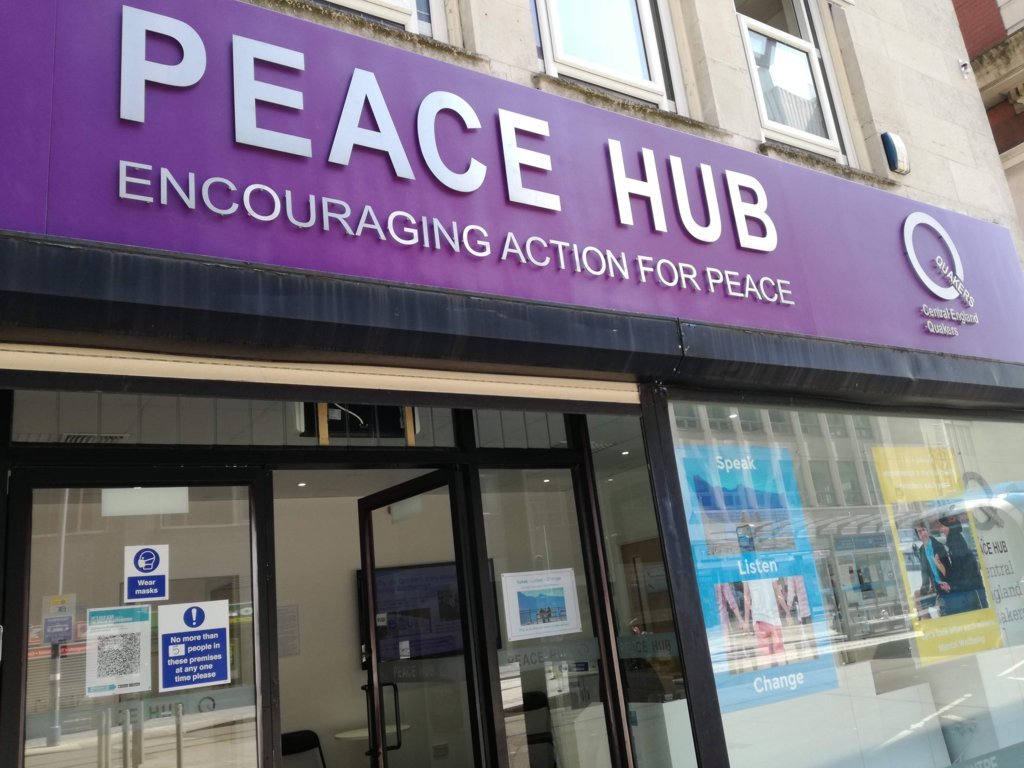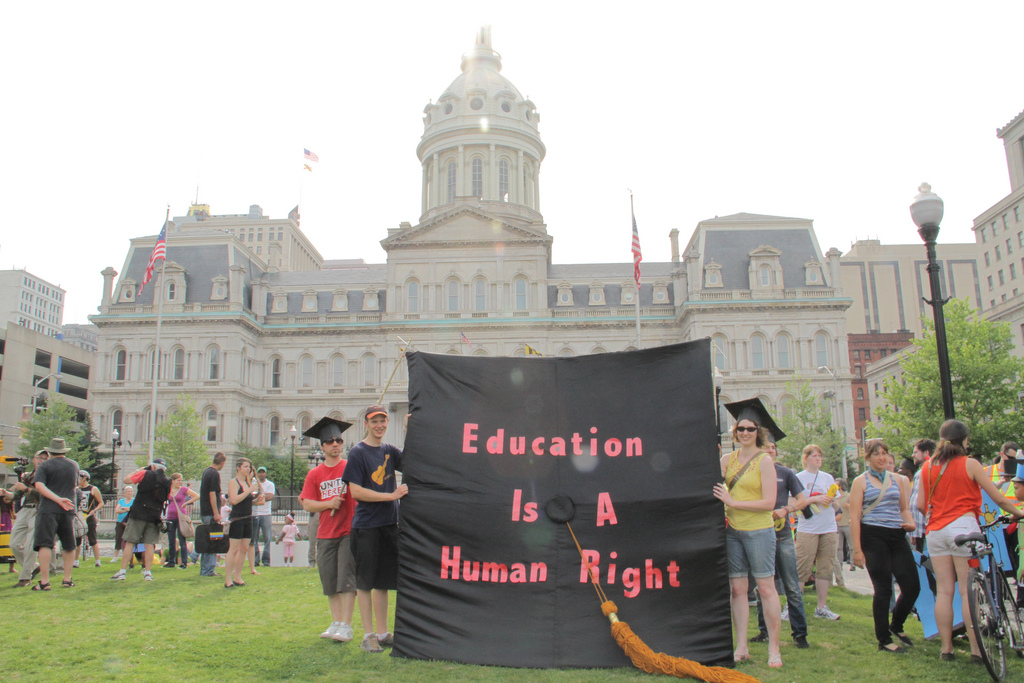Our Live, Love, Learn theme is all about defending the right to education. But why is education a human right, and why is that important?
In 1948 world leaders came together at the United Nations in Geneva, to agree a basic set of rights that all human beings across the world are entitled to, in a document called the Universal Declaration of Human Rights (UDHR). These rights are given freely to everyone, regardless of gender, ethnicity, religion, class or other status, and cannot be taken away except as a last resort and with adequate reason.
The right to education is enshrined in Article 26 of the UDHR:
Universal Declaration of Human Rights: Article 26.
- Everyone has the right to education. Education shall be free, at least in the elementary and fundamental stages. Elementary education shall be compulsory. Technical and professional education shall be made generally available and higher education shall be equally accessible to all on the basis of merit.
- Education shall be directed to the full development of the human personality and to the strengthening of respect for human rights and fundamental freedoms. It shall promote understanding, tolerance and friendship among all nations, racial or religious groups, and shall further the activities of the United Nations for the maintenance of peace.
- Parents have a prior right to choose the kind of education that shall be given to their children.
Point 1 sets out the technical requirements that governments need to meet: providing free basic education for everyone, and opening up equal opportunities to gain technical, professional and higher education. This is often the first thing we think about, when considering the benefits of education: giving people the chance to gain skills and knowledge that allow them to work and support themselves. Meanwhile, point 3 recognises that families are not all the same, and helps ensure they are able to choose the type of education that’s best for their children.
However, it’s point 2 that’s particularly interesting: recognising that education is more than just a means to find work – it helps us to understand the world the world we live in, and empathise with other people. The writers of the UDHR had seen schooling under facist dictatorships used to promote division and hatred, and realised that it must instead be used to bring people together and promote “friendship among all”. Perhaps most importantly, this type of education can give people the confidence to change things for the better.
With these rights comes the responsibility to stand up for the rights of others when they are undermined (as stated in Article 29 of the UDHR.) The power of human rights is that, because they belong to all of us, defending the rights of one helps defend the rights of all. For those of us who have enjoyed free schooling, it’s our responsibility to use what we’ve learned to promote the right of all people to good quality education.


